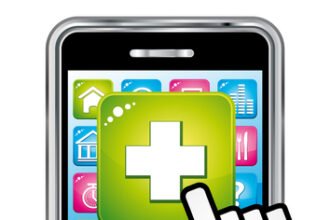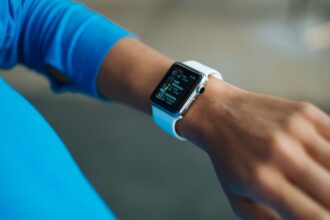
A recent report by the Digital Innovation in Healthcare working group states that governments of the developing countries must take hand in enhancing digital technology if they want to improve the healthcare sector.

A recent report by the Digital Innovation in Healthcare working group states that governments of the developing countries must take hand in enhancing digital technology if they want to improve the healthcare sector.
According to the report, the most important challenges for the health industry could be significantly reduced if the governments followed five principles aimed at promoting transformation in the sector.
These include:
- Pushing investors and entrepreneurs to adopt digital technology as a priority.
- Implementing a system of outcome-based healthcare payments.
- Revising the regulatory requirements to facilitate remote care services for clinicians.
- Supporting the regulatory process for medical applications with software development cycles.
- Facilitating wide and quick sharing of information protocols, outcomes and best practices.
Digital technologies & Healthcare in the world
Digital economy is projected to reach in $4.2 trillion in the G-20 nations by 2016, making it rank among the top five economies in the world. Developing nations will account for some 34% of the G-20’s overall digital economy and for 48 percent of its growth.
Expansion of the digital economy is obviously linked to the soaring of the Internet, the report claims, that has disrupted several industries by reducing transaction costs, removing intermediaries from the supply chain as well as expanding consumer choices.
On the contrary healthcare, as highlighted by the report, has remained largely resistant to these changes as it has not been disrupted ”in the way that book-publishing, music and news industries have been.” Compared to other sector/market, patients have scarce self-service options and still limited access to authentic information on the quality of healthcare available.
Digital initiative for Social Impact
The report also underlines some mHealth projects in emerging areas that became possible thanks to the galloping rate of mobile/broadband penetrationand new tools (mobile phone, social media):
- The MAMA project (Mobile Alliance for Maternal Action) initiated by a private-public partnership to educate and empower mothers from the developing world thanks to SMSs.
- Or the “Stop Stock-Outs” campaign, aiming at ensuring that health centers never run out of medicine stocks. Partners in this are western and African NGOs (including Frontline SMS or George Soro’s Open Society foundation) and they are implemented in several African countries among other Kenya, Madagascar, Malawi, Uganda,…

_9_2_1-250x220.jpg)





